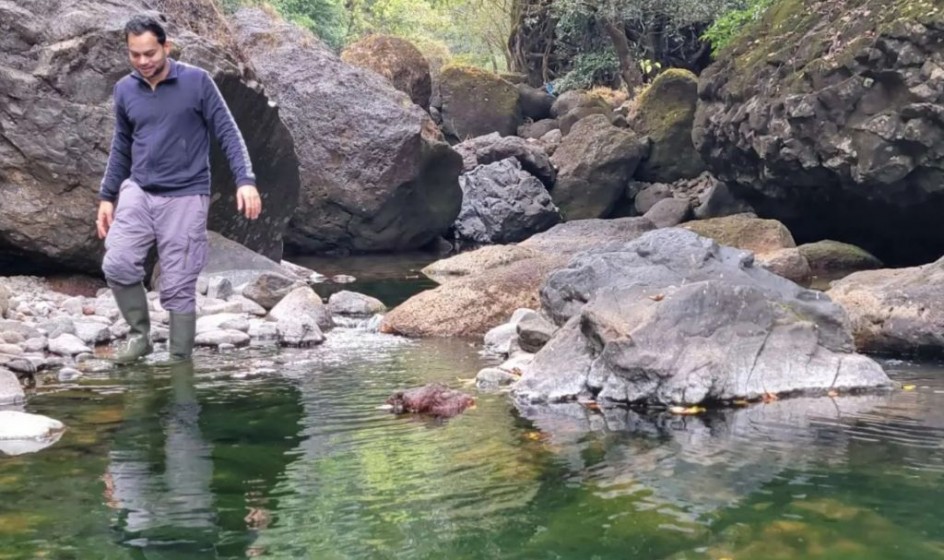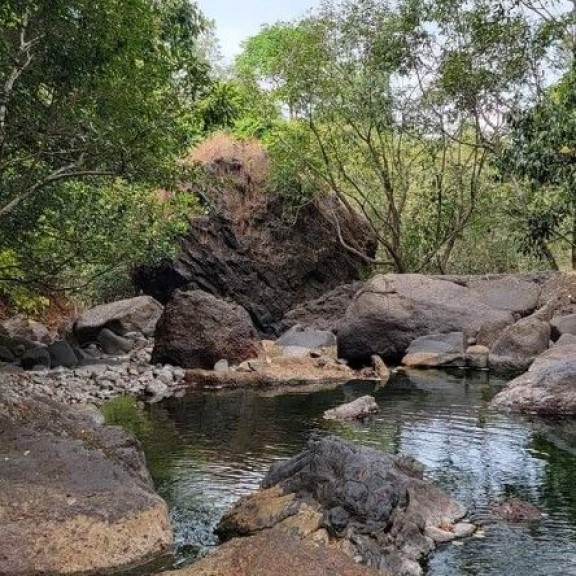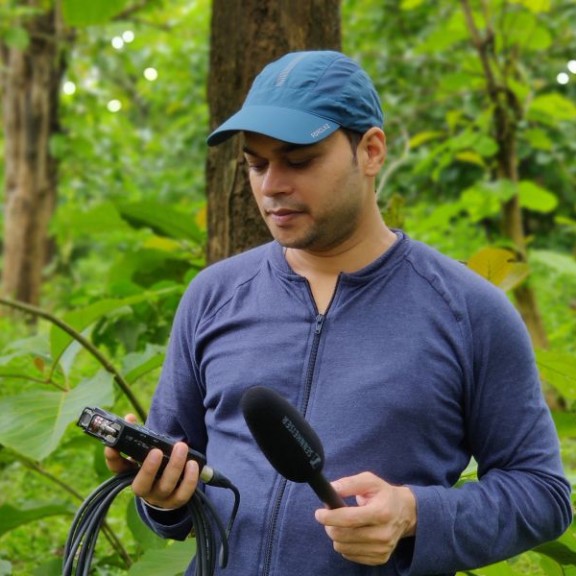

Caecilians in the Western Ghats Region
Sustainable Conservation Framework for Data Deficient but locally threatened Caecilians in the Western Ghats Region
The Western Ghats of India, a globally recognised biodiversity hotspot, are home to three unique caecilian species: Gegeneophis goaensis, Gegeneophis pareshi and Ichthyophis davidi. These enigmatic limbless amphibians are currently categorised as Data Deficient on the IUCN Red List due to a lack of baseline data on their population, distribution and ecological requirements. Their habitats are increasingly threatened by rapid infrastructure development, agricultural intensification, pesticide use and habitat fragmentation caused by roads and urbanisation. In addition, roadkill during breeding migrations exacerbates their vulnerability.
Due to the restricted distribution range, these species are likely candidates for re-listing as critically endangered. To address these challenges, Vishal Kumar Prasad's project aims to establish a sustainable conservation framework through scientific research, community engagement and policy development.
Surveys will clarify the distribution of these caecilians, assess their habitat requirements and identify critical conservation areas. Working with local NGOs, forest departments and community stakeholders, the team will engage in activities such as training nature guides in caecilian identification, promoting ecotourism and creating conservation-related jobs. Community cooperation will be secured by leasing agricultural land during the breeding season and offering employment incentives. Awareness campaigns will further highlight the importance of these amphibians and the need to protect them.
The project will provide essential data to update the IUCN Red List status of these species and develop long-term conservation strategies.
Project info
|
Species |
Common name |
|
|
|
Threats |
|
|
|
|
Measures |
|
|
|
|
Partners (implementing/collaborating) |
|
|
|

Partner




